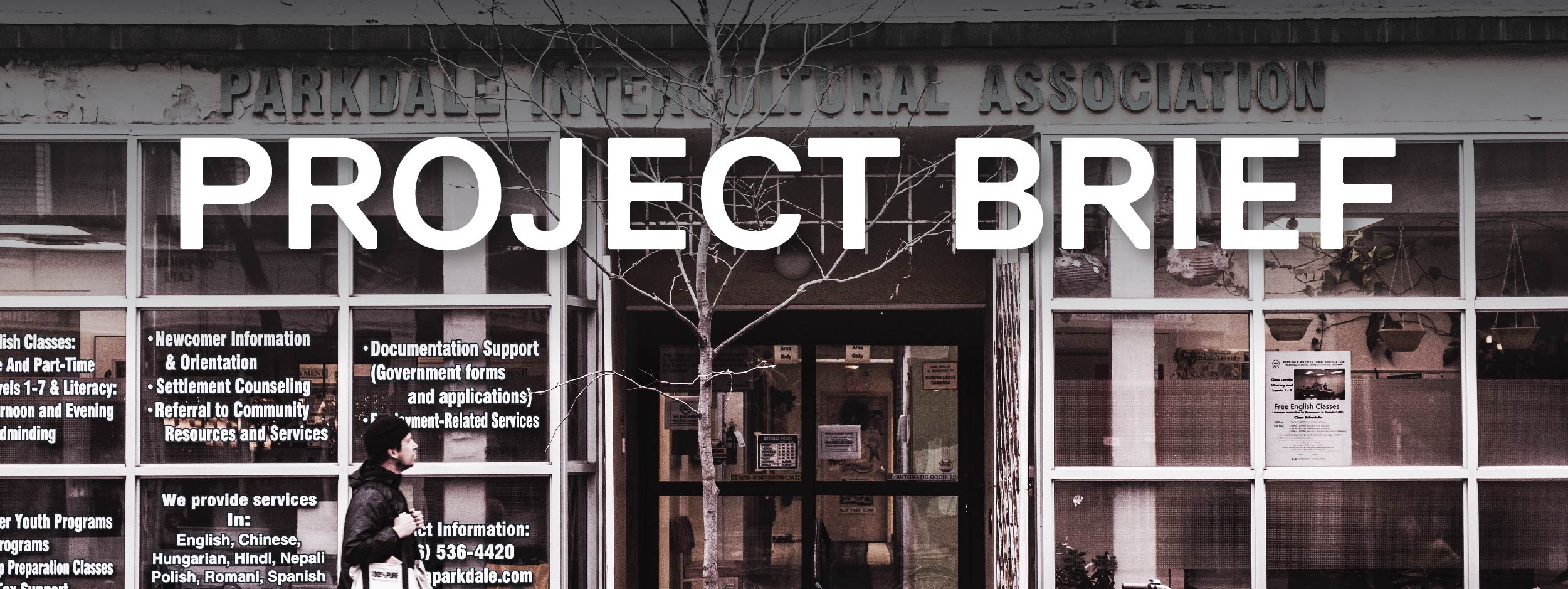Intergovernmentalism and Firewalls: Investigating the operations and links between data protection and sanctuary policies in Canada


Shiva S. Mohan (lead), Émile Baril

This project seeks to examine the extent to which sanctuary city policies in Canada incorporate ‘firewalls’ to adequately protect migrants when accessing essential services and social protections from immigration enforcement.

- In what ways are prescribed data protection policies being contravened in sanctuary city practice?
- To what extent are data protection firewalls informing policy development or regulations to ensure protection of vulnerable populations from immigration enforcement?

In recent years, there has been an amplified focus on the precarious and out-of-status migrant populations in Canada. Contributing to this attention are activists calls for “status for all”, a government mandate to explore regularization programmes, and an increased number of ‘irregular migrants’ entering at the US-Canada border (Smith and Kim 2022). With slow and fragmented changes in government policies, questions are being raised about out-of-status migrants’ everyday lived realities and the existing infrastructures designed to protect them; in particular, questions about the operations of sanctuary cities and their complementary mechanisms such as “firewalls” which protect migrant information and facilitate access to key social and public services. Firewalls are “internal rules” for public service providers; rules intended to prevent the sharing of migrants’ information with immigration enforcement (Baubock and Permoser 2023; Hermansson et al 2022; Carens 2013).
We hypothesize that a) the effectiveness of firewall provisions is being eroded by bureaucratic failings, and b) structural and procedural deficiencies in access to services may be exposing already precarious migrants to added vulnerabilities and, ultimately, the provisions designed by the state to protect migrant information may be eroding that protection by the very state policy in practice.

To investigate the question: how effective and efficient firewalls in practice in the Canadian context are, we take a comparative approach to analysis, focusing on two immigrant-concentrated metropolises: Montreal, QC and Toronto, ON, looking at the delivery of social and public services provided to precarious and non-status migrants, notably in the spheres of health, education and security (policing).
The project will engage a qualitative research design using key informant interviews as its primary method of data collection to understand knowledge gaps and considerations for data protection. Data collection will involve interviews with civil society organizations and frontline staff at the city level who work in the public service sector serving irregular populations.

Report being finalized

Spring 2024

Soli*City | Urban Sanctuary, Migrant Solidarity, and Hospitality in Global Perspective: A Partnership Project

data protection, firewalls, sanctuary city, irregularity